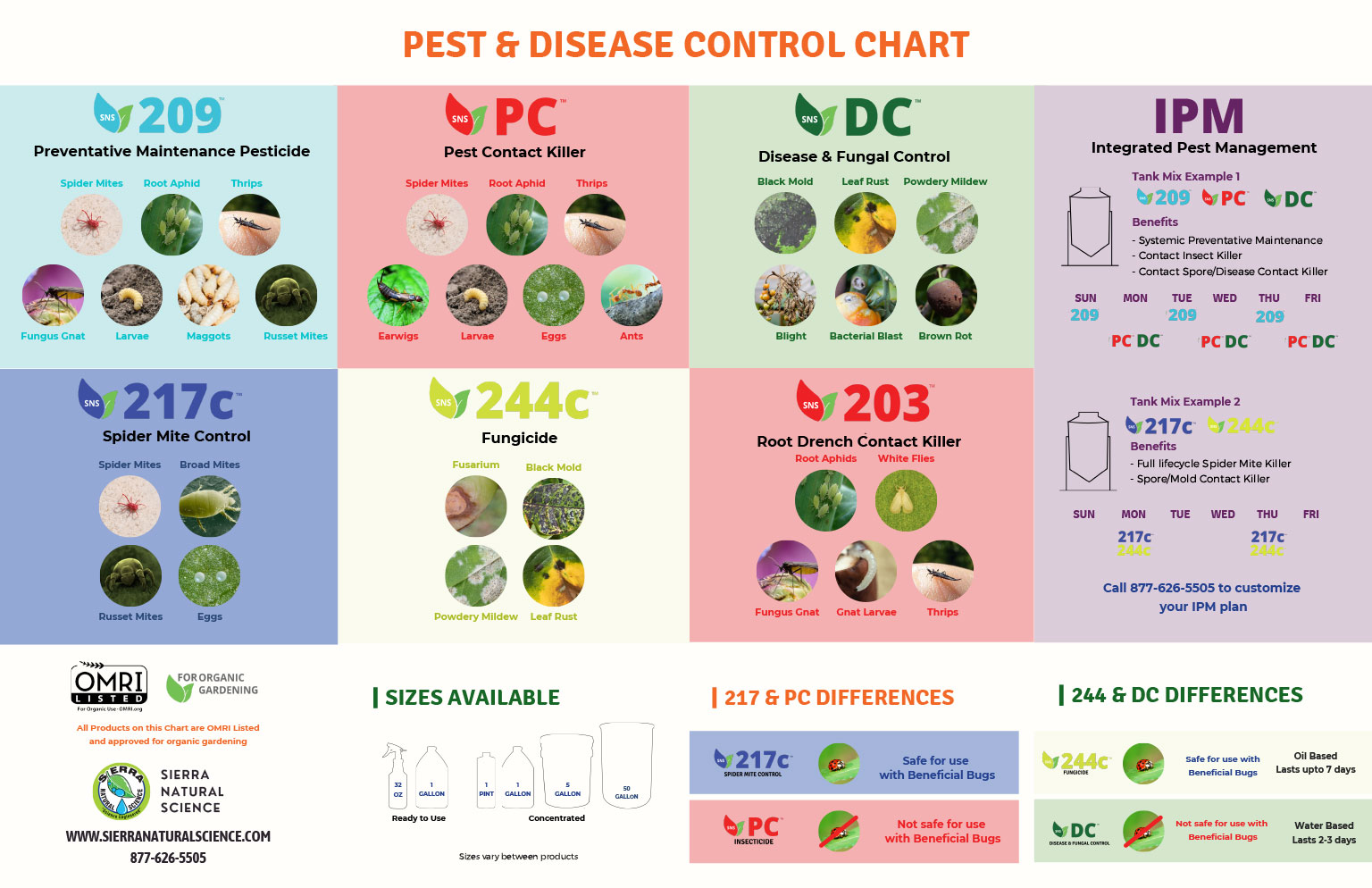OMRI Listed Pesticide Products
We’ve tested and refined dozens of different types of rosemary, peppermint, thyme, alfalfa, clove extract concentrates.
✔ Made with Natural Botanicals
✔ Patent Pending Formulas
✔ Made in the USA
✔ Safe Around Children & Pets when used as directed

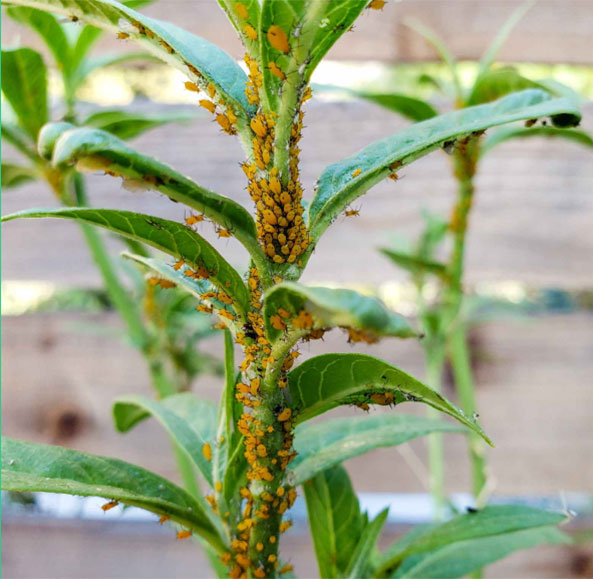
Buy Powerful & Safe Bug Killers
4 Effective Formulas in Eco Friendly Pouches
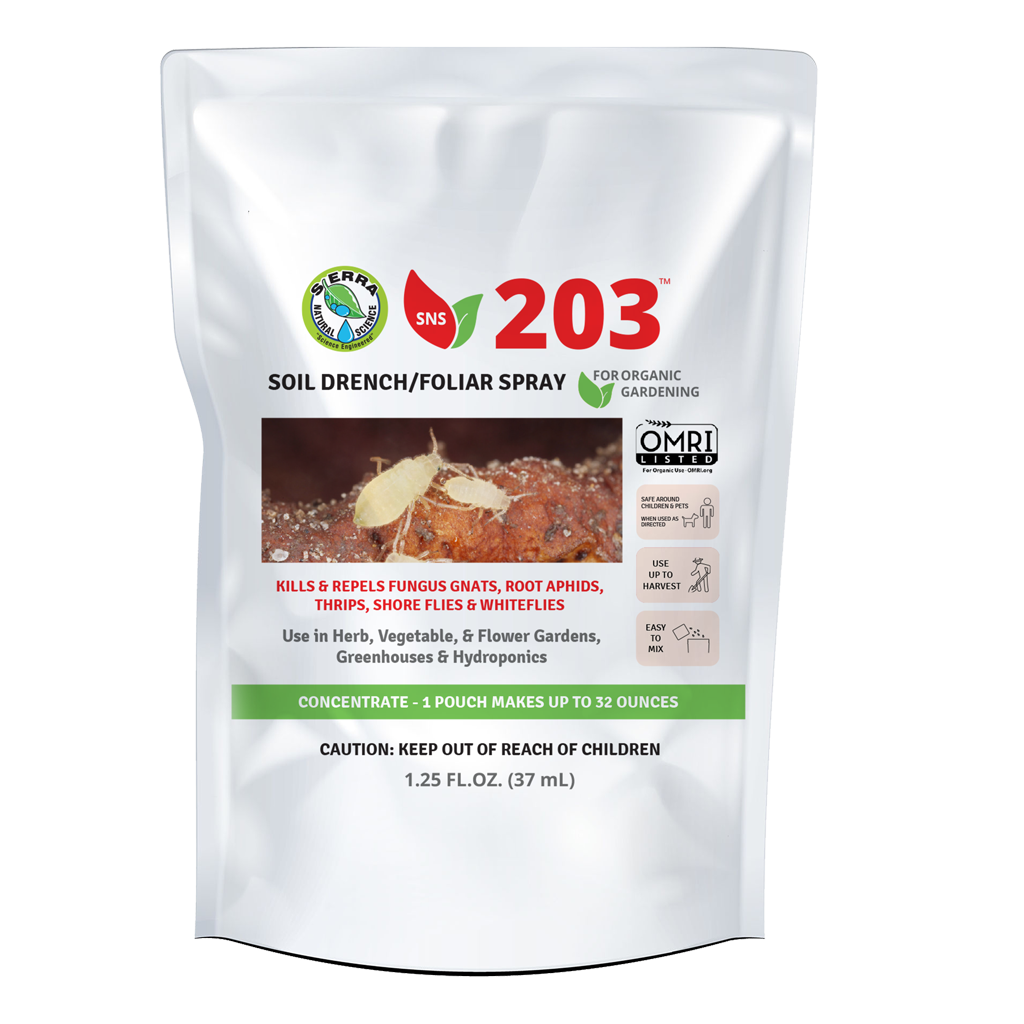
203 Root Drench Pesticide Pouch
850046870071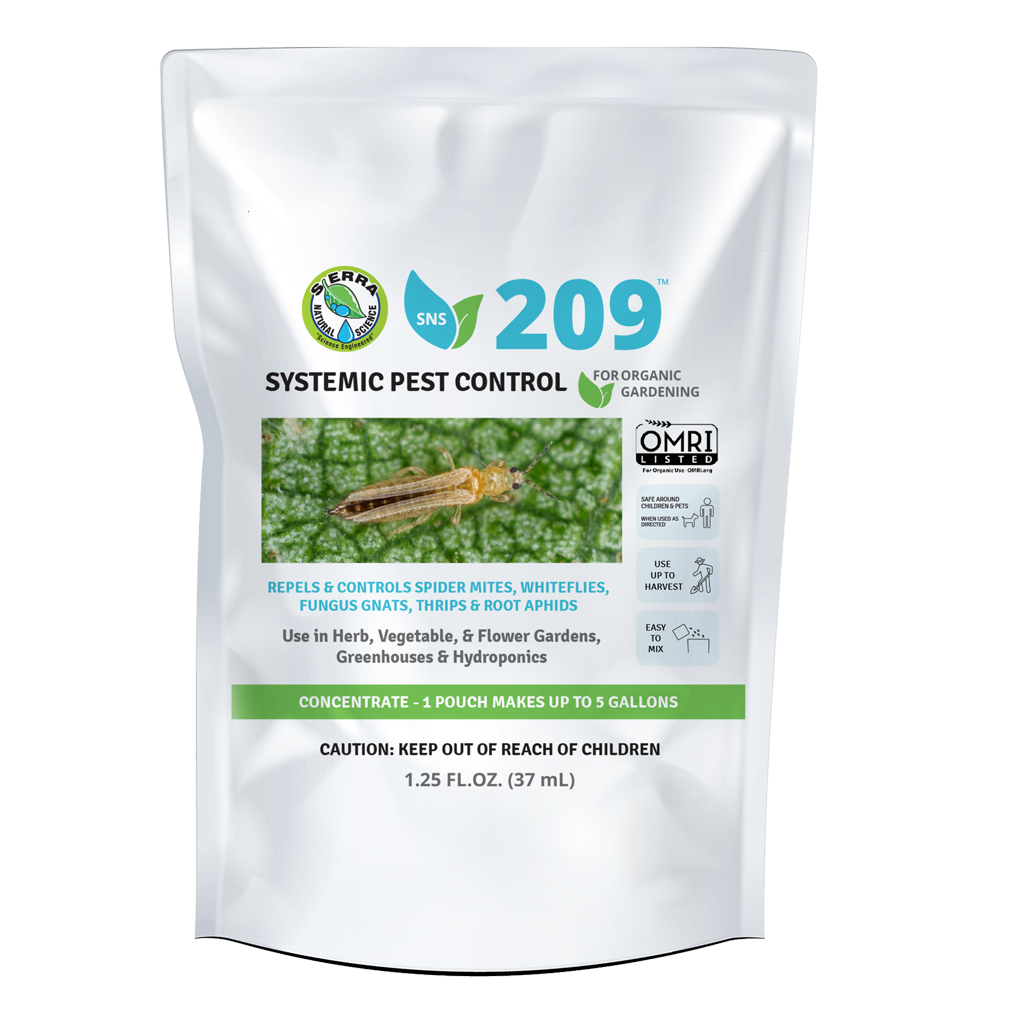
209 Systemic Pest Control Pouch
850046870088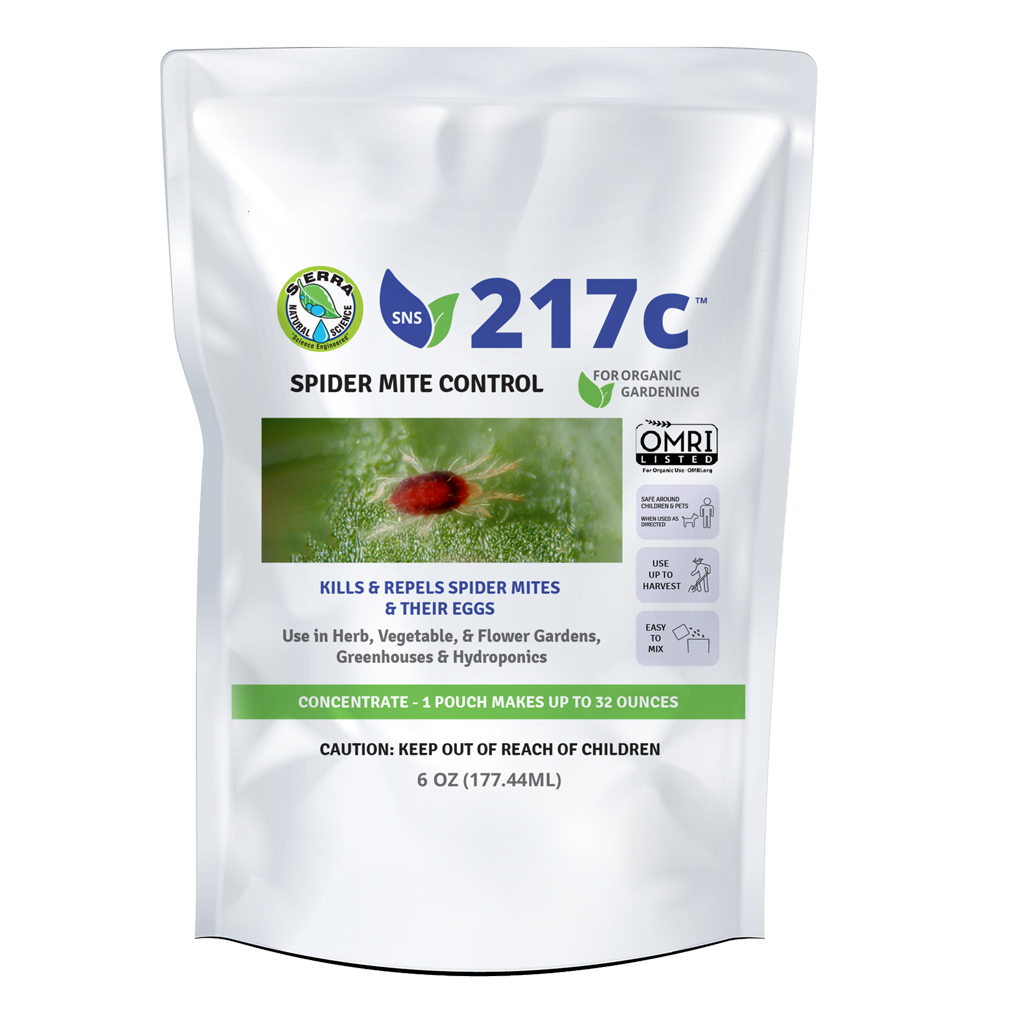
217c Spider Mite Control Pouch
850046870095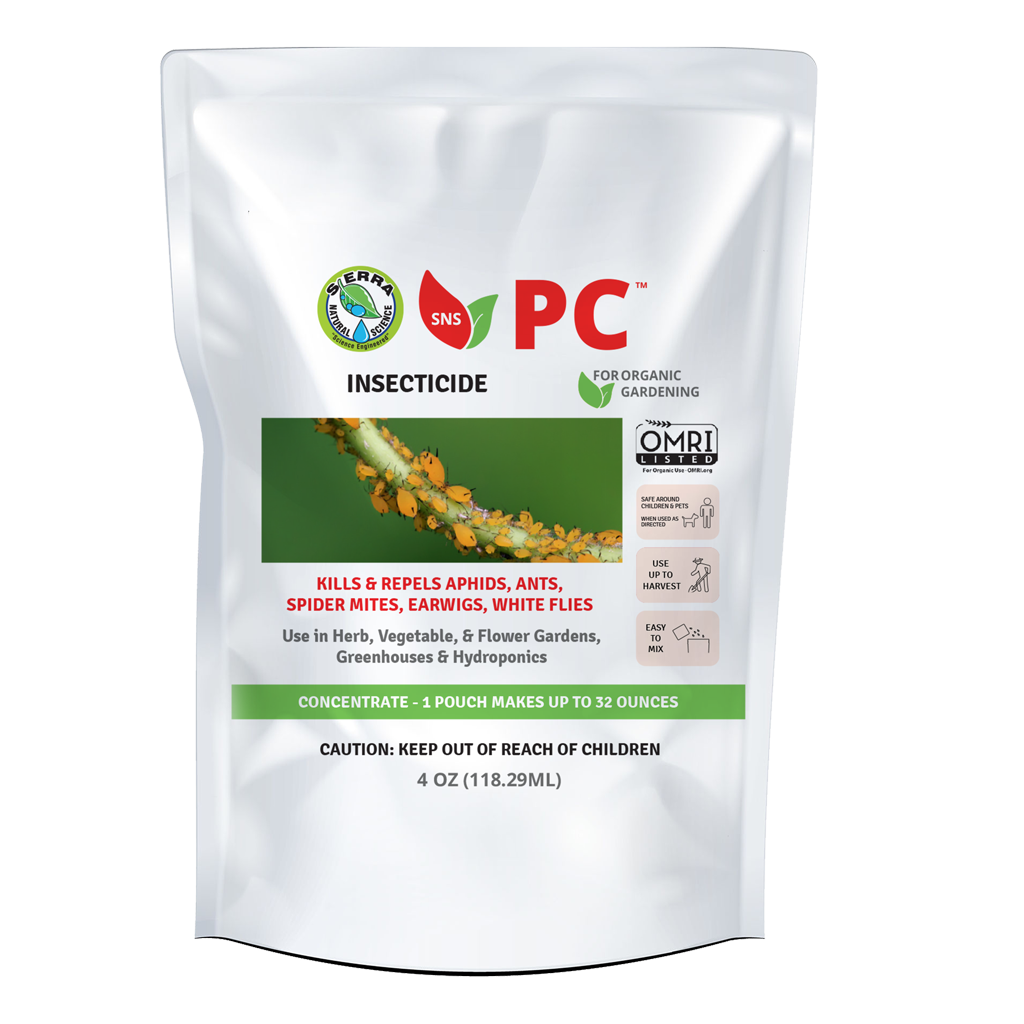
PC Insecticide Pouch
850046870118AOutstanding Value in Earth-Friendly Pouches
Simply mix with water, shake and apply
Get Rid of Insects Fast – The Smart Way
With all-natural and safe botanicals

Big chemical companies have given pesticides a bad name. You don’t need harsh chemicals to kill bugs. That is a known fact in the natural pesticides industry.
SNS line of 4 powerful & safe pesticide formulas use Rosemary, Peppermint & Clove extracts to kill bugs and keep them from coming back.
Free your garden of invasive and damaging bugs for good.
Control the bugs in your garden, lawn, farm or school with confidence. Our natural formulas are safe around your children, dogs and cats when used as directed.
All SNS products are exempt from EPA regulations.
Kill Bugs Fast & Keep Them From Coming Back
With Rosemary, Peppermint & Clove Extracts
We’ve tested and refined dozens of different types of rosemary, peppermint, thyme, alfalfa, clove extract concentrates.
Our formulas have been improved over 14 years in the laboratory. They’re guaranteed to work or your money back.

Kills a Multitude of Insects
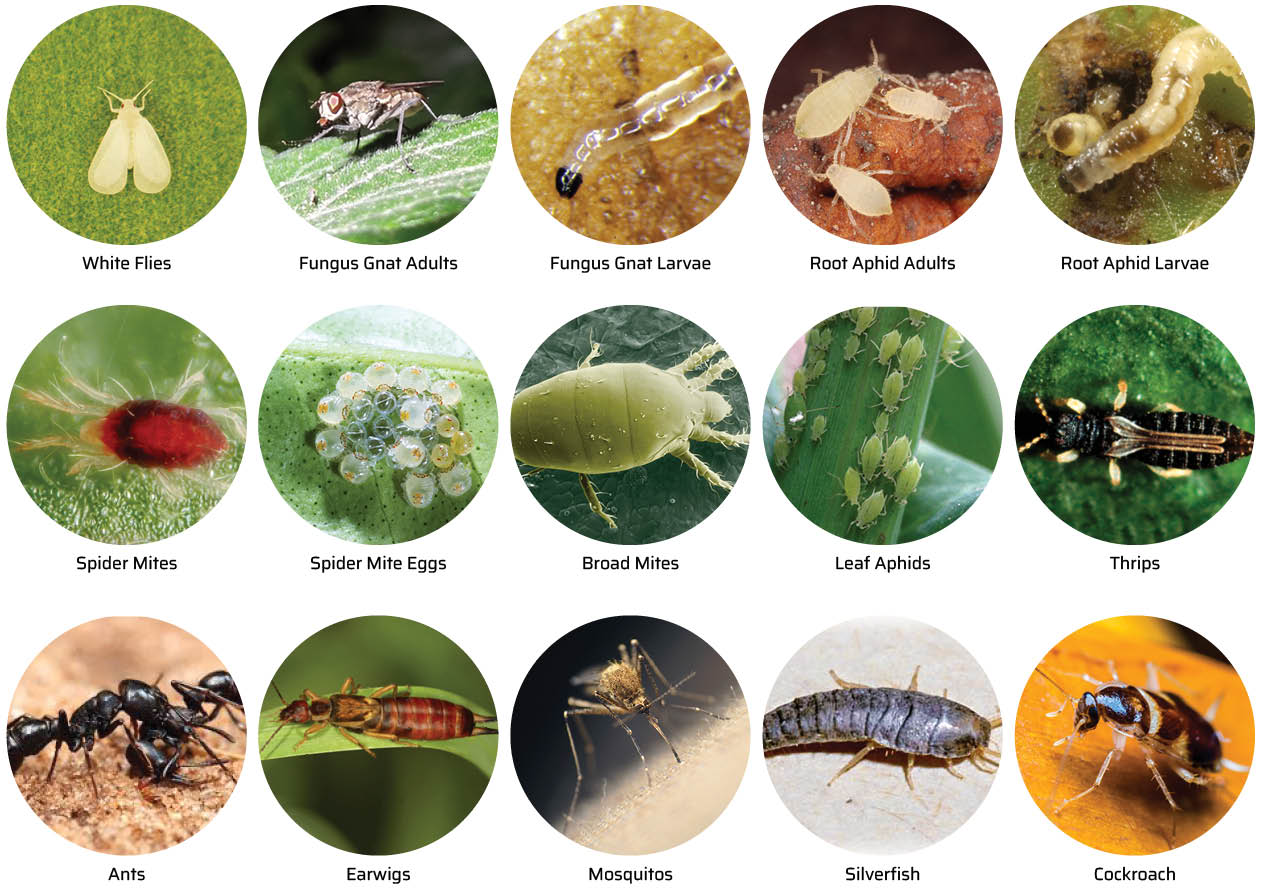
Here’s How SNS-209 Systemic Works
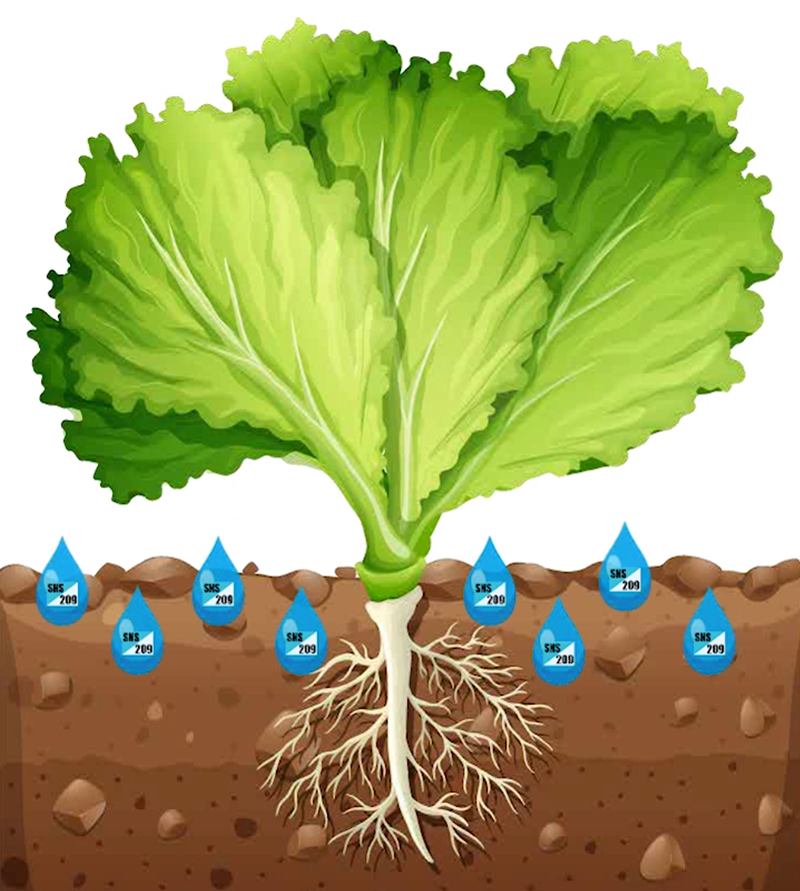
Apply the product to your plant’s leaves or soil

The plants absorb small amounts of Rosemary or Clove

Bugs stop eating, move on, or die
Real World Results
From a Clever Customer
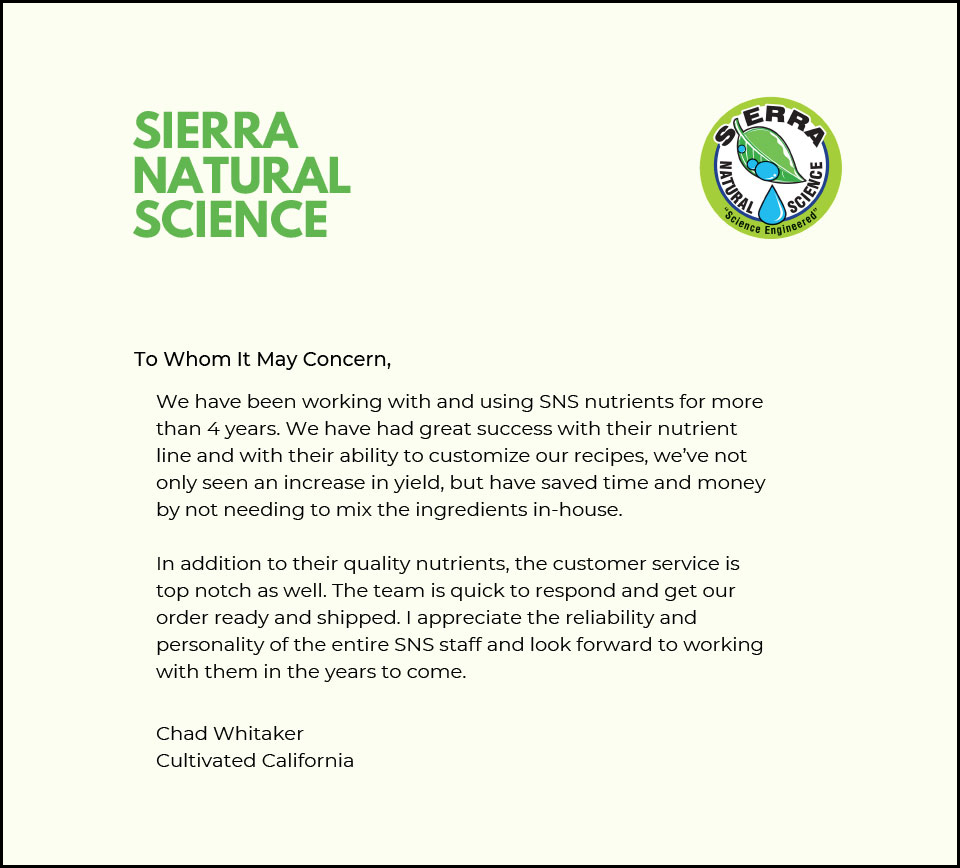
Buy Powerful & Safe Bug Killers
4 Effective Formulas in Eco Friendly Pouches

203 Root Drench Pesticide Pouch
850046870071
209 Systemic Pest Control Pouch
850046870088
217c Spider Mite Control Pouch
850046870095
PC Insecticide Pouch
850046870118AOutstanding Value in Earth-Friendly Pouches
Simply mix with water, shake and apply
How to Use The SNS Bug Killer Pouches
1

Mix with water
2

Stir or shake well
3

Spray the plants or soak the soil
Also Available by the Gallon
Super concentrated to save you money
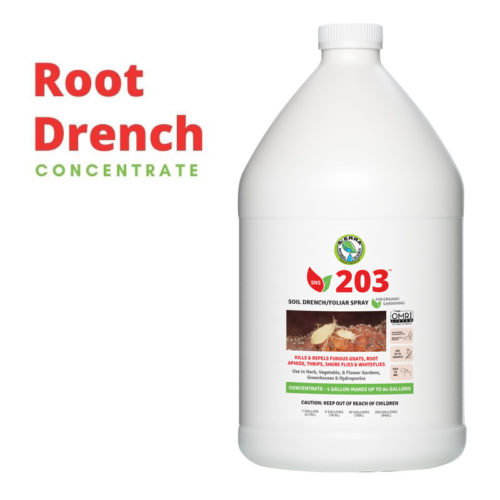
203 Soil Drench/Foliar Spray
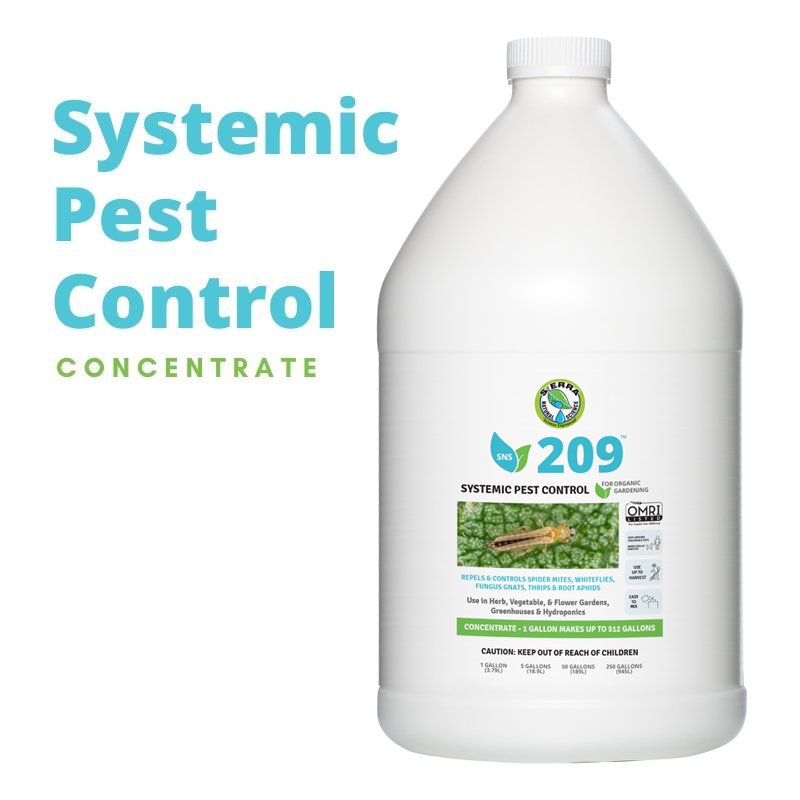
209 Systemic Pest Control
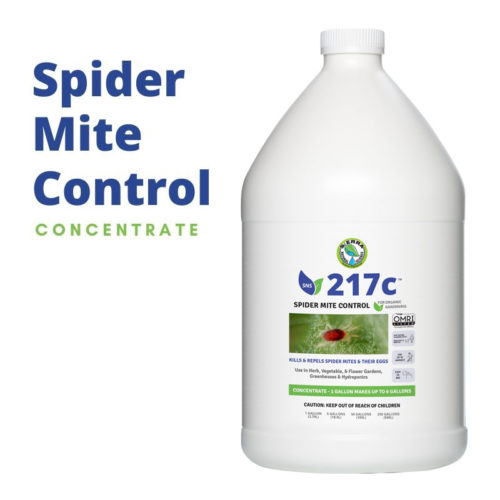
217c Spider Mite Control
And Ready To Use Sprayers
They even spray upside down!
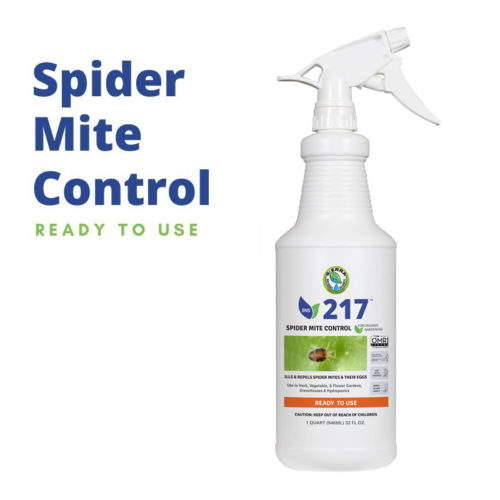
217 Spider Mite Control RTU
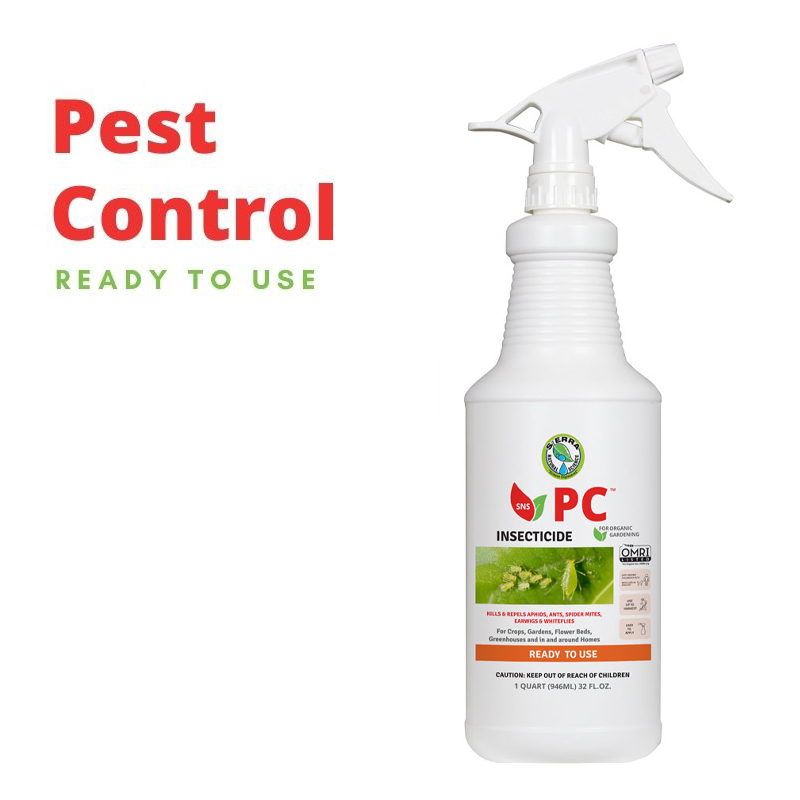
PC Insecticide Ready to Use
Which Formula Should You Use?
(About 1 minute)
Helpful Articles About Pesticides

How Can SNS Solve Your Garden Issues?
We are a growing family business that has been creating & manufacturing pesticides, fungicides and herbicides for over 10 years. We strive to make quality organic & natural garden solutions that are safe around pets & children, & also reduce the environmental impact on the planet. We process raw certified organic botanicals &
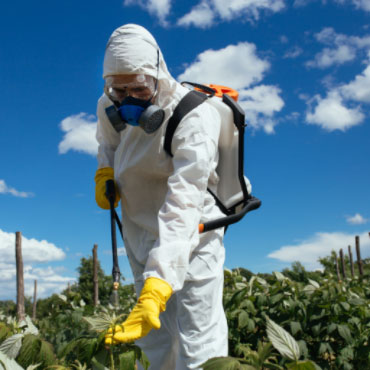
What is Pesticide Resistance?
Living organisms by definition are not homogenous. Species constantly evolve, including your vegetable and fruit plants. Therefore, it is crucial to understand what your plants are and aren’t resistant to.
Pesticide resistance is the natural and transmissible capacity of certain plants to

Saved my Rose Bush
Pam R. from North Carolina
I started using the SNS 209 as a systemic on my roses at the end of last season, in the hopes I could get ahead of thrips. The difference is remarkable—my roses are more vigorous, less susceptible to disease, the leaves are darker green, and I am getting plenty of bloom.
No Harsh Chemicals or Glyphosate*
Glyphosate is linked to cancer
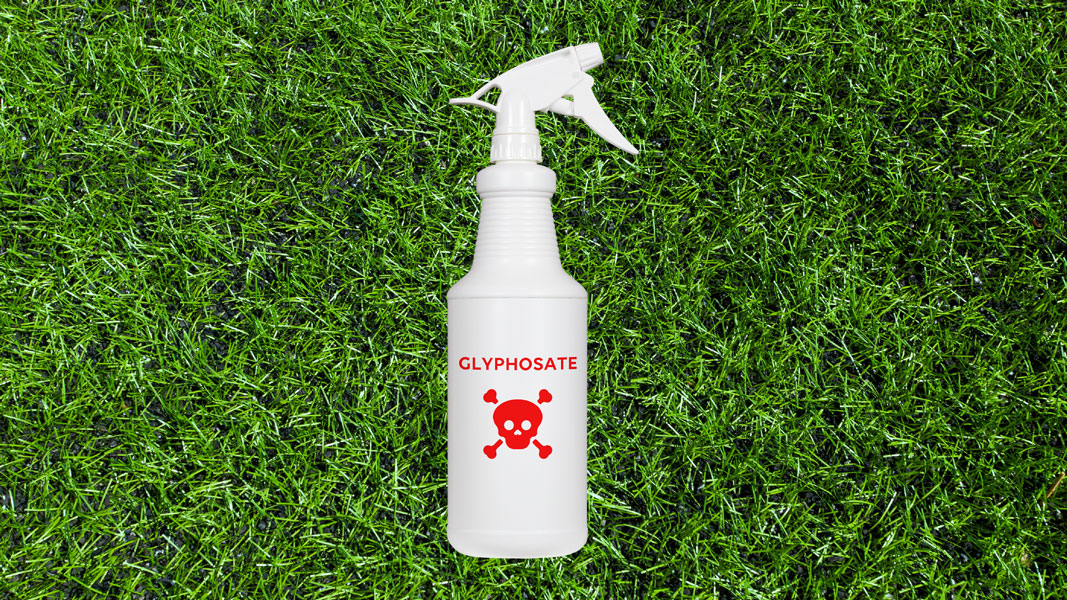
Kill Bugs Quickly & Cleanly
With the SNS line of Pesticides, your garden will be
free of pests and harsh chemicals

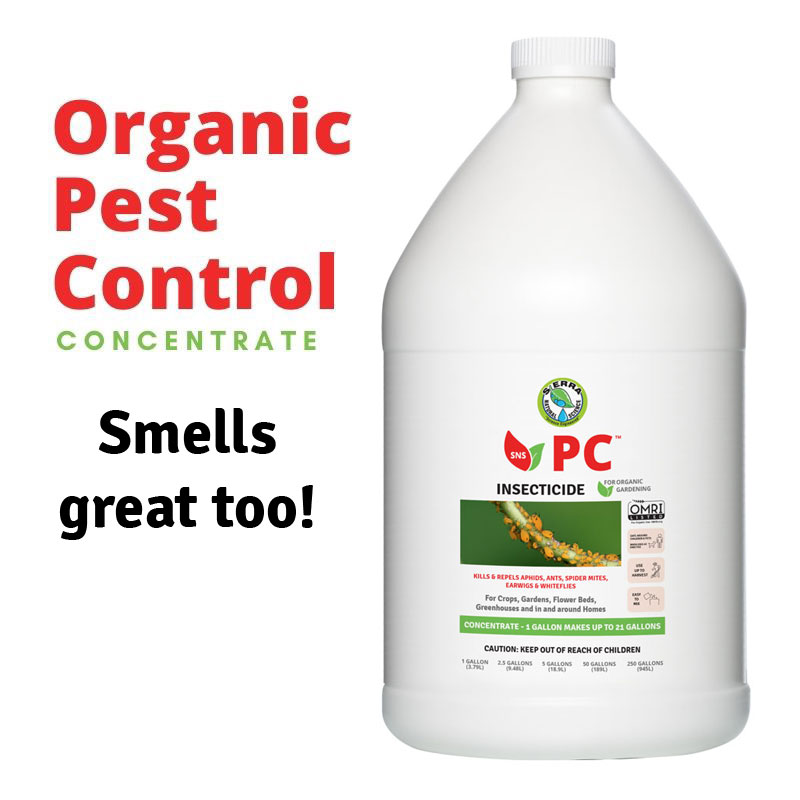
Frequently Asked Questions
Here are some of the common questions we’re asked.
There are no stupid questions though – only information you don’t have yet – so ask whatever is on your mind.
What are some options for pesticides?
Natural pesticide products are extracted from natural sources. Rosemary and Clove are good examples of natural pesticide options. But there are many other examples as well.
How can I protect my plants?
One can protect the plants naturally by using beneficial insects. These are predators that feed on the insect, which are likely to destroy the garden. But these insects can only do so much. For total control, use one of the SNS natural options.
Are these options unsafe?
No, natural pesticide products aren’t generally harmful. Any pesticide can be harmful if a large enough quantity is consumed over time. But synthetic pesticides are hazardous. Natural pesticide products offer low toxicity and in many cases, better results. Organic pesticides are allowed in organic farming because they pose less risk to the environment. That includes all SNS products.
What is this made of?
Most organic pesticides contain natural substances like lime, sulphur, soap, and hydrogen peroxide as ingredients. Sierra Natural Science uses better ingredients like Rosemary, Clove, Peppermint and Thyme. Not all natural substances are organic pesticides. Some chemicals like strychnine, arsenic, and tobacco are not.
Does vinegar work?
Keep the acid-loving plants such as rhododendrons, gardenias, or azaleas happy with vinegar. Although its effect is temporary, and pest control is limited, one can give a quick acid boost to plants with vinegar and kill some pests at the same time.
Can it kill?
White vinegar blasts bugs on plants as an ingredient in a homemade soap spray. Mix 3 cups of water with 1 cup of vinegar in a spray bottle and add one teaspoon of dish soap. Spray it on plants, including trees and shrubs to get rid of pests. Direct the spray to the underside of the leaves to make contact with whitefly eggs. Use this solution only on vinegar friendly plants.
Does this mean no pesticides?
If a product is labelled organic, it hasn’t been exposed to herbicides or pesticides that are not certified organic. It means meat, eggs, and dairy products are free from antibiotics and growth hormones; produce is grown with fertilizers free from synthetic or sewage components, and no genetically modified organisms are part of the product.
What is this chemical?
They are unprocessed chemicals occurring in a natural environment – chemicals obtained from plants, microorganisms, earth, sea, or animals without any processing at all. For example, blood and milk from animals, minerals, ores, crude oil, coal, and natural gas obtained without any processing.
Effective Removal
When it comes to possible invaders that can destroy plants, pests are the worst. One would call them invaders because they’re annoying and cause severe damage to the plants.
People are always scouting for the best ways to fight off crop pests. But different suggestions show up with different names, often cluttering people’s minds. People may have tried different chemical pesticides, but found that nothing works well. But one shouldn’t give up yet, Sierra Natural Science has got your back.
While there are many remedies to eliminate pests, there’s no overall better way of doing it other than using natural options. Using a systemic pest control is a safe bet. Sierra Natural Science has conducted extensive research to come up with options, which originate from natural sources – chiefly plants and mineral derivatives. In other words, SNS brings farmers and gardeners a remedy that not only helps solve their pest problems, but one that’ll also help them conserve the environment as well.
For many people, options such as soil drench/spray concentrate are eco-friendly and safer than harsh chemical alternatives. This article explores the following options:
- Pesticides from nature
- Natural pesticide options for indoor use
- Pesticides from plants
- Natural options for gardens
- Types of natural pesticide options
- Beneficial insects
- Importance of using beneficial insects
- Pollution pesticides and cancer misconceptions
- Benefits of natural options over synthetic options
Options from Nature
When one says pesticides from nature, they simply mean inexpensive, all-natural and organic ways of making pesticides for their garden. Natural pesticide options:
- Are non-toxic
- When used correctly, they’re far better than conventional products
Sierra Natural Science brings farmers these natural pesticide options as one of the most popular and innovative methods, which many farmers have turned to.
Pesticide options are at their best when they cover most of the gardener’s needs. They pose less danger to the environment; hence most households prefer them.
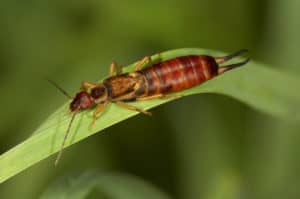
Options for Use Indoors
Sierra Natural Science offers natural pesticide products such as botanical pesticides (plant-based oils) and Spider mite Control RTU. The botanical pesticides we offer are environmentally friendly. These plant-based pesticides are best suitable for indoor use but are also great for outdoor applications. They’re practical and offer low toxicity, which is less risky to the environment.
Most plants use potent chemicals in defending themselves against possible invaders (insects and pathogens, for instance). Among the various plants that contain very active chemicals are:
- Tobacco
- Rosemary
- Clove
These play a vital role in offering protection for themselves. In addition, these plants are significant as they produce some unique oils. According to research, when these essential oils mix with other natural extracts such as pyrethrins, the result is just marvelous. The pesticide produced from these oil mixtures is quite useful for fighting pests. These pesticides also have low toxicity.
Plant-based Options for Crop, Lawn and Garden
In the past, the availability of plant-based pesticides was limited. But with improvement in technology in the agriculture industry, many botanical insecticides emerged in various formations. Pesticide formulation is generally a physical form of product and its application. They may include the following for a garden, lawn or crop:
- Dust
- Wettable powder
- Aerosol
- Boric acid
- Natural dusts
- Drenches
- Sprays
Botanical pesticides such as the SNS Spider Mite Control Concentrate can eliminate yellow jacket nests, bed bugs, cockroaches, stink bugs, and other pests.
Types of Pest Control
Dust
Dust formulation is an effective way used in controlling cockroaches, bed bugs, and other pests. However, one should keep it dry for best performance in a garden, lawn or crop.
Aerosol
Aerosol can prevent pests when the area invaded is small. Aerosols are an expensive method, but they’re convenient too. They’re used for cockroaches and bed bugs, among other pests.
Wettable Powder
Botanical pesticides are now readily available in wettable powder. When this powder mixes with water, one should use the sprayer pump to control the pests in a garden, lawn or crop. The wettable powder is economical and convenient.
Boric Acid for Pesticide
Boric acid is also known as hydrogen borate, boracic acid and orthoboric acid. Boric acid powder or crystals are mineral salts, which contain industrial additives, insecticides, wood preservatives, detergents, and many other components. Borates are poisonous to pests. Borates can be a liquid or dry powder. The dry powder is the most active because it remains dry and undisturbed.
Natural Dusts
One can find natural dusts in various formulations. Many manufacturers make pesticides from salt minerals, such as silica, borate, or some other plants. Sierra Natural Science uses superior ingredients.
Options for Gardens
Most people have been setting goals this year. Apart from financial objectives, their garden requires an upgrade too. Keeping the yard clean and safe is a no brainer. But depending on the size of the garden, it can be quite an undertaking for many.
Using organic pesticides for gardens is a safer alternative compared to toxic chemicals. Apart from Sierra Natural Science top natural pesticide, known as Natural Pesticide Concentrate, there are other home-made natural pesticide options for yards like:
- Neem oil spray
- Pyrethrum
- Rotenone
- Spinosad
- Insecticidal soap
- Diatomaceous earth
- Nicotine
- Beer
- Garlic
Neem as Pesticide
Neem Oil Spray is made through the extraction of neem from the seeds of the neem tree. The neem tree is native to India. Today, however, the tree is available in a number of countries.
Traditionally, the neem tree has many medical benefits – hygiene, health, and more. In addition, the neem tree is a source of pesticide. The tree contains an active chemical component (azadirachtin), which can control quite a number of pests. The pesticide exhibits low toxic chemicals and can sometimes effectively control insects both in greenhouses and landscapes. It discourages and kills insects that feed on plants but can often harm the plants it’s sprayed on by clogging the stomata (pores) on the leaves.
Neem pesticide is produced in a unique way. They mix 3 to 4.5 percent of azadirachtin component with water, then voila! Neem pesticide can sometimes be made by mixing the chemical component with insecticidal soap to improve its activeness.
Some of the benefits of the neem oil sprays include:
- It’s safe for humans and offers low toxicity
- It’s natural and biorational
- The oil is eco-friendly
- One can use the neem oil in a relatively broader method for pest eradication efficiency.
Neem oil isn’t without its problems though. Some of them include:
- Garlic or sulfur smell
- Irritating to the eyes and skin
- Irritating to the stomach
- Children may be more sensitive to it
- Moderately toxic to fish and other aquatic animals
- It can burn plants and clog their “pores”
- It is not very effective
- It requires daily application
Pyrethrum
Pyrethrum insecticides are made from certain species of chrysanthemum. They form the powder by combining components of cinerins and pyrethrins.
People in the 20th century found crushed pyrethrum flowers to be poisonous to insects. They used this method to control insects feeding on their plants. Now, people can use the pyrethrum in any form, and in low toxicity to control pests.
Pyrethrum, on its own or mixed with other components, can eliminate pests. In addition, it’s safe as it poses less risk to the environment.
Pyrethrum is one of the most popular botanical pesticide components, which can control a variety of insects right from start to harvest time.
Rotenone
Rotenone is one of the natural pesticide options produced from a combination of different roots – mainly those that grow in tropical regions. Although rotenone exhibits low toxicity, it’s not always the case. It is toxic to fish, which can kill them. When considering rotenone, one should avoid applying near a water source as it may kill some types of water creatures.
Rotenone becomes ineffective and generally less damaging in sunlight. Rotenone is available in both liquid and powder form. However, rotenone is highly toxic in a liquid formulation.
It’s an effective insecticide and can control a wide array of pests in greenhouses and landscapes. And because rotenone rapidly breaks down in sunlight, it therefore poses less risk to the environment. However, one should re-apply the pesticide over and over again to enhance its effectiveness. Overall the toxicity of Rotenone makes it a poor candidate for most applications.
Spinosad
The pesticide is from a combination of two complex organic compounds – spinosyn A and spinosyn D. The two compounds are from microbes existing in the soil.
Spinosad is toxic to a wide variety of insects, but it’s non-toxic to mammals, even humans. Spinosad is used on insects that feed on leaves and can destroy them effectively. One could use it on some vegetable and fruit gardens, or lawns to keep away various pests, although the effectiveness of it can be inconsistent.
Diatomaceous Earth
Diatomaceous earth is another effective pesticide for the garden, made up of tiny marine organisms mixed with fossilized shells. The fossilized shells are generally composed of silica – a component extracted from sand or glass.
Diatomaceous earth provides a variety of uses, and as a natural insecticide, it’s effective and can control a lot of various garden pests. However, one needs to keep it dry for better results.
Diatomaceous earth is a fine yet smooth powder, which is highly absorbent. Although it’s slightly abrasive, diatomaceous earth can destroy insects’ waxy covering. One should always wear a face mask and protective gloves when applying diatomaceous earth, because it’s a fine powder that can clog lungs and cause other respiratory issues.
Garlic
Garlic smell is purely a repellent, not only to humans but also to plants. Garlic smell detracts many pests such as bugs. One should put garlic in the garden soil to keep insects away. They hate the smell.
If one wants a stronger pesticide that will kill the insects instantly, the SNS-203 Natural Pesticide Concentrate is our top pick.
Types of Pesticide
Natural pesticide options are safe to use in homes or gardens. The benefits of using natural pesticide options are many compared to conventional pesticides. Using these options is a win-win situation, but one should pay close attention to the mode of application. Also, one needs to follow the instructions.
There are various types of natural pesticide options available. Most of them are extracted from plants; others are naturally occurring.
The wide variety of options includes:
- Biochemical
- Microbial
- Botanical
Biochemical
These are a fascinating type of pest control because of their sneakiness and simplicity. Biochemical natural pesticide options control pests by interfering with their mating behavior.
Microbial
This natural pesticide stems from fungi, algae, bacteria, and other naturally occurring viruses. They introduce poisonous substances that kill the pest. They produce toxins that are harmful to insects.
Botanical
Botanical pesticides are from plants such as Rosemary and Clove. They’re the most effective and provide low toxicity. Agricultural pesticides are a perfect solution to flying insects.
Beneficial Insects
As one may know, not all insects are pests – others are good. They’re good because they’re beneficial. They can destroy bugs, which can ultimately damage one’s garden.
Beneficial insects are regarded as a biological control measure – a method which is known for controlling pests using other living organisms. Below are some of the beneficial pests one should consider using for their garden:
- Ladybugs
- Aphid midges
- Damsel bugs
Ladybugs
Ladybugs are beneficial insects that prey on the following pests:
- Aphids
- Whiteflies
- Potato beetles
Ladybugs love the following plants:
- Basket of gold
- Dandelion
- Dill
- Yellow fern leaves
Aphid Midges
The following plants attract these creatures:
- Plants with aromatic nectar and pollen
- Dill herb
Aphid midges feed on aphids.
Damsel Bugs
Damsel bugs do a good job in controlling the following pests:
- Mites
- Aphids
- Caterpillars
- Cabbage worms
They’re mostly attracted to the following plants:
- Spearmint
- Fennel
- Caraway
Pollution Pesticides and Cancer Misconceptions
About 99 percent of the chemicals produced by plants are natural. This means that human beings eat at least every chemical produced naturally by the plants. Each plant produces different chemicals. The percentage of chemicals humans consume varies.
The percentage of synthetic pesticides found in plants and foods are insignificant when compared to the amount of pesticide plants produce themselves. But these chemicals are vastly more harmful than natural pesticide products.
No diet is free of chemicals. And nearly any substance, in the right quantity, can be harmful. For example, coffee and tea contain carcinogenic compounds. But drinking tea doesn’t necessarily mean one is taking a dose of cancer. Natural pesticide products have an extremely low toxicity and have not been labeled for their carcinogenicity.
Benefits of Natural Pesticide over Synthetic Pesticide
Over the past couple of decades, people and companies have tried to be friendlier to the environment while going green at the same time. There has been a sentiment suggesting the possibilities of natural pesticide products being healthier and safer than synthetic pesticides. The industries manufacturing pesticides have responded quickly to these modern changes and they fall in line with the current culture in business innovations.
Most industries present their customers with the alternative to choose the best way to handle their particular pest invasion problems. But before settling on a chemical, it’s essential to consider the benefits of biological pest control methods over commercialized methods. The following are some of these benefits:
Natural pesticide products are selective. Although all pesticides are toxic, natural pesticide products are healthier and selective in their operations. They’re only harmful at outrageously large doses. And these dosages are never found in naturally pesticides. They only eliminate unwanted pests from the environment, leaving the beneficial organisms to thrive, and causing no harm to their human applicators.
Contact Sierra Natural Science Today For the Best Organic Pesticide that’s right for you.
Pesticides / Insecticides
Sierra Natural Science offers organic gardening from their natural pesticide products that help in a variety of ways. This may include:
- Loss of topsoil
- Toxic runoff
- Water pollution
- Soil contamination
- Soil poisoning
- Death of insects, birds, critters and other beneficial soil organisms.
SNS recommends that farmers eliminate pesticide, herbicide, and fungicide residues from food sources by thoroughly washing all vegetables and fruits before eating. You can learn more about pesticide resistance and what causes it here.

How to mix:
To make a basic oil spray insecticide with many types of concentrated products, mix 1 cup of the natural pesticide with one tablespoon of soap, cover, and shake thoroughly. When ready to apply, add two teaspoons of the oil spray mix with 1 quart of water, shake thoroughly, and spray directly on the surfaces of the plants, which are being affected by the pests. These directions vary from manufacturer to manufacturer. Please read the product descriptions for accurate directions on how to mix any particular pesticide.
Third Party Content Disclaimer
Some of the information on this Web page has been provided by external sources. The provision of Third Party Content is for general informational purposes only and does not constitute as a recommendation for alternatives.The Third Party Content provided on this web page is obtained from sources believed to be reliable. Sierra Natural Science is not responsible for the accuracy or reliability of the information supplied by the external sources, and no guarantees are made by Sierra Natural Science or the providers of the Third Party Content as to its accuracy, completeness, timeliness.


